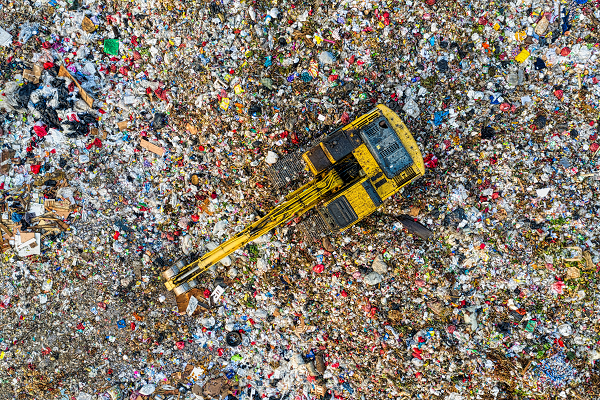The road to net zero
![]() By Paul Hide, CEO, AMDEA
By Paul Hide, CEO, AMDEA
Domestic appliance efficiency has increased greatly over the last decade. For example, today’s most commonly-purchased fridge freezers use 40 per cent less energy than those from just a decade ago. Design and implementation of new technologies will continue to reduce energy and water consumption, that is not in doubt.
However, the amount of energy that modern appliances now use is, on an individual level, relatively low and therefore the relative savings in electricity and water bills are not major drivers as part of the customer purchase decision.
Future efficiency benefits are as much about educating householders to purchase appliances that best serve their needs (i.e. not larger than required) and using appliances on the most efficient settings. ‘Eco’ settings on washing machines can play a major role in reducing consumption further.
Our industry is highly focussed on reducing and eliminating a negative environmental impact across the whole cycle – from raw materials suppliers, appliance production facilities, shipping methods, packaging and end of life recycling and material recovery. We’re not in denial that this is a big task and that zero carbon footprint, closed loop water consumption and zero waste to landfill can be achieved overnight. However, the processes and strategies to set out along this path, with clear objectives to reach, are in play across pretty much all global and local producers – and big strides forward are starting to be delivered.
Many factories across the world are already achieving zero waste to landfill, using closed loop water supplies to avoid taking water from the local supply chains, and are sourcing only non-fossil fuel generated power. Many manufacturers are now working to ensure ‘net zero carbon’ production facilities over the next 10 years and have set firm timelines within which to achieve these important milestones.
 Modern refrigerators and freezers will keep food fresh for longer than older appliances, and manufacturers are working on technologies that will extend the life of perishables by up to three times, whilst retaining key nutrients.
Modern refrigerators and freezers will keep food fresh for longer than older appliances, and manufacturers are working on technologies that will extend the life of perishables by up to three times, whilst retaining key nutrients.
The data available doesn’t make for good reading as regards our food waste habits in the UK. According to WRAP, the UK produces 14 million tonnes of food waste every year – that’s 143kg of waste per UK resident, costing the average family £540. If everybody in the UK produced zero food waste for just one day a year, then that would achieve the same environmental benefit as planting half a million trees!
Once an appliance is manufactured it will not become more energy efficient or use less water on any given setting. It is new technology and design improvements that deliver these benefits, so choices/compromises between new and extended life have to be made to balance off the need to further reduce resource consumption in use and manage the recycling and material recovery of end-of-life appliances.
Many modern appliances now use an ever- increasing percentage of recycled materials in their production where the materials meet the required specifications for use.
However, AMDEA estimates that there are more than 10 million large appliances in UK homes that are over 10 years old. Of course, many of these will continue to run reliably for many years to come and most manufacturers can arrange for servicing and repairs. But as long as we capture, recycle and re-use the materials in these old appliances, there is a strong environmental argument to encourage their replacement.
No one in the global appliance industry is under any illusion that the path to net zero and the pace of change needs to accelerate. There is nothing impossible in what needs to be achieved – the technology already exists and we can already see appliances coming to market that are achieving some of these future goals. It is feasible that all appliances will meet these requirements within the stated net zero target timescales.
After all, what is the alternative to a lack of action now? Failure to act is not a legacy any of us would want to bequeath to our children, is it?


